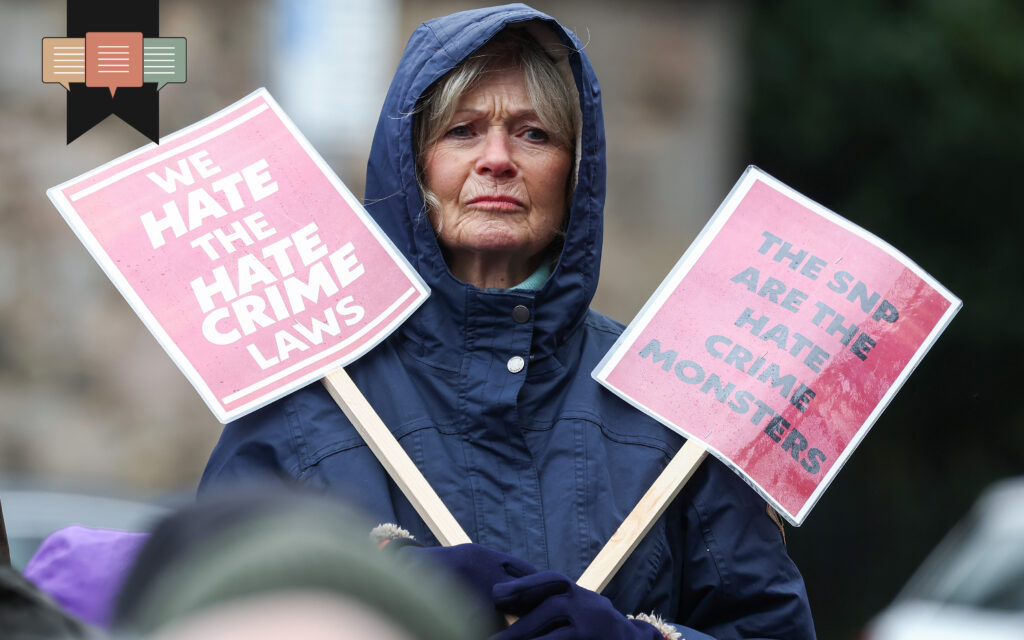
Published April 2, 2024
Yesterday, April 1, Scotland’s Hate Crime and Public Order Act 2021 went into effect. The date may amuse some, but this new law is unlikely to prove very funny in the long run. It abolishes the common law offense of blasphemy, a law that has not been invoked in practice since the mid-19th century. At the same time, it consolidates previous laws dealing with, for example, expressions of racism, while extending their scope to include stirring up hate against someone or some group on the grounds of age, disability, religion, sexual orientation, and transgender identity.
Religious leaders, politicians, and lawyers pushed back against the legislation in 2021 and this version of the law is modified to include new protections. Indeed, the law makes clear that discussion of certain matters, including both religion and transgender identity, is protected.
Click here to continue reading.
Carl R. Trueman is a fellow in EPPC’s Evangelicals in Civic Life Program, where his work focuses on helping civic leaders and policy makers better understand the deep roots of our current cultural malaise. In addition to his scholarship on the intellectual foundations of expressive individualism and the sexual revolution, Trueman is also interested in the origins, rise, and current use of critical theory by progressives. He serves as a professor at Grove City College.










